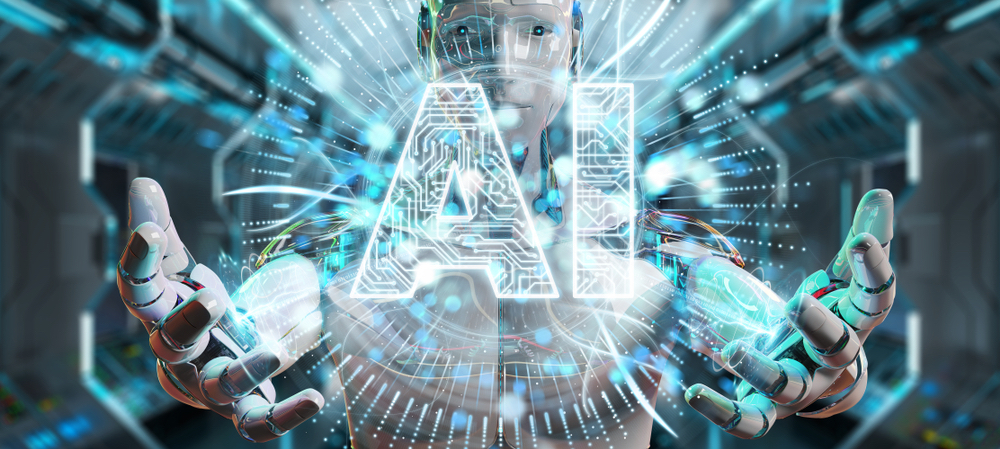



Get new exclusive access to healthcare business reports & breaking news




A new study has shown how artificial intelligence (AI) can be used in healthcare, with a particular focus on its uses in high pressure environments such as the intensive care unit (ICU).
In the study, which was published in “Nature Digital Medicine,” researchers developed and tested computer vision algorithms to detect movement by adult patients into or out of their beds and patients being moved into and out of chairs.
The researchers collected a data set of privacy-safe-depth-video images from the Intermountain LDS Hospital ICU, comprising 563 instances of patient movement and 98,801 total frames of video data from seven wall-mounted depth sensors. The depth sensors were installed in seven individual rooms, with three-dimensional data silhouettes collected 24 hours a day.
They then developed algorithms to analyze the footage, with a focus on how AI can be used to sense when a patient was in discomfort or if patients had fallen out of bed or from a chair and how nurses and caregivers could be alerted. The study also looked at any other form of movement to answer the question on how patients move and for how long.
The Technology Review website said the results had shown preliminary success. It said that, on average, the algorithm for detecting patient movement correctly identified the activities a patient was performing 87% of the time. “The algorithm for tracking the number of personnel fared less well, reaching 68% accuracy. The researchers say that both measures would probably be improved by using multiple sensors in each room, to compensate for people blocking one another from a single sensor’s view,” it was reported.
AI researchers and medical professionals from Stanford University and Intermountain LDS Hospital in Salt Lake City, Utah, worked on the study for six years.
The journal’s editor, Eric Topol, who has just published the book “Deep Medicine: How Artificial Intelligence Can Make Healthcare Human Again,” described the study as “really pioneering. They went somewhere where others haven’t been before.”
What could particularly excite the health sector and AI advocates is that this is one of the first studies to demonstrate the feasibility of using sensors and algorithms to understand what’s happening in the ICU.
“A lot of people might not have even thought this is possible at all. A patient’s room is kind of like Grand Central Station. There’s so many things going on,” Topol added.
Previous studies of patient movement were limited because monitoring was often cumbersome. With this study, researchers are confident that AI could make it much easier to monitor patients in the ICU. Previous studies established that patient movement can accelerate healing and recovery, reduce delirium, and prevent muscle atrophy.
The researchers have received plaudits for their approach in the study because they worked with “real professionals, that’s real people, in a real environment and with real patients.” This is markedly different from other AI testing which, it has been noted, often takes place in a simulated environment. It was pointed out that the researchers initially wanted to use cameras to monitor patients but, after engaging medical professionals, they settled on using sensors to protect the privacy of patients and staff.
“The clinicians I worked with — we discussed computer vision and AI for years. Through this process, we were able to unearth new application areas that could benefit from this technology,” Serena Yeung, one of the lead authors on the paper, was quoted saying.
Studying patients in ICU is of interest to medical professionals. It is reported that in the U.S., this unit has a higher mortality rate than any other area in hospitals. It is estimated that up to 500,000 people die in hospital ICUs annually.
AI in healthcare is generating massive interest, with emphasis on the technology’s use in clinical decision support and information management among others.
In February, IT and healthcare professionals met in Orlando, Florida for the 2019 Healthcare Information and Management Systems Society (HIMSS) conference, where one of the highlights was the announcement of the collaboration between Sutter Health and Ada Health to offer personalized health guidance to patients when they need it. Ada brought to the table its AI-powered symptom assessment and care navigation platform, which is being integrated into Sutter Health’s website and My Health Online patient portal.
In addition, “The State of AI: Artificial Intelligence in Business,” reported that 62 percent of businesses are thinking of investing in AI soon, while 20 percent of the businesses have already used artificial intelligence to replace or avoid recruiting new workers in the last 12 months.